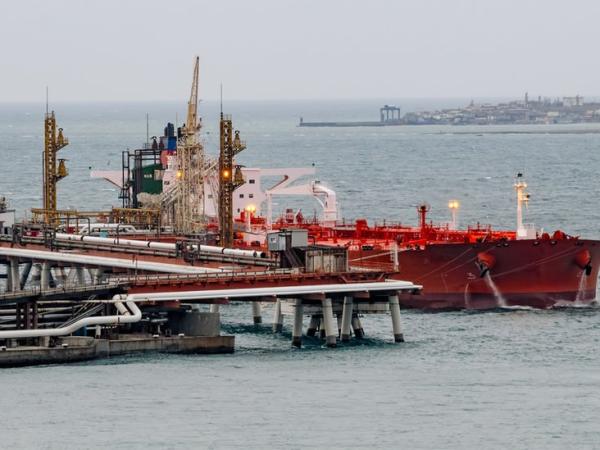Russia’s oil exports soared in March to their highest level in three years, despite economic sanctions imposed by the West due to the war in Ukraine, according to a report published this Friday by the International Energy Agency (IEA). .
While revenue from the sale of oil and its derivatives has fallen sharply in the past year as the price of crude has fallen, the number of Russian barrels shipped abroad has risen to levels not seen since April 2020.
With a rise that reached 8.1 million barrels per day exported in one month, Russia is strengthening its position in the market.
If the West buys less and less Russian oil because of the sanctions, then who are the big customers?
Its biggest buyers are mainly China, India and Türkiye. These countries have been buying Russian crude at deep discounts, at a price significantly lower than the world’s benchmark Brent oil.
The decision of these three giants has offset, at least for now, the decline in purchases by the Western allies.
Since Russia’s invasion of Ukraine began in February 2022, India, China and Turkey have increased their purchases of Russian oil, and together they now account for 70% of all that country’s crude flow by sea, according to data compiled by the BBC Reality Check team.
For example, early last year Russia supplied less than 2% of India’s oil imports, but is now on track to become India’s largest single supplier.
On the other hand, Chinese imports of Russian oil fluctuate but have also risen over the past year and analysts expect the trade relationship to continue to deepen between the two nations.
Thus, a year after the war began, Russia has managed to keep its flow of oil.
“So far, Russian oil exports have proven resistant to sanctions, import embargoes and buyer boycotts,” the IEA says in a report published in November 2022.
Since Russia invaded Ukraine nearly a year ago, many countries have vowed to end or restrict their imports of Russian oil and gas to cut Moscow’s revenue and weaken its war effort.
The nations of the European Union, which were among the main importers of Russian energy, ended their purchases of oil brought in by sea.
And in February, a ban on products derived from Russian crude went into effect.
The United States, for its part, announced that it would stop importing Russian oil, and a ban on Russian crude oil and refined products came into force in the United Kingdom in December last year.
Added to all this is the decision by the Western allies to approve a ceiling on the price of oil in December with the aim of preventing Russia from obtaining more than US$60 a barrel of crude.
While the war shows no sign of coming to an end anytime soon, markets continue to adjust to a new trade scenario with growing demand for Russian oil coming from China, India and Turkey.
This reconfiguration of forces in the economic field opens up new political challenges for the Western allies that seek to ensure a higher level of energy independence and find the way to move towards the use of less polluting energy.
Now you can receive notifications from BBC Mundo. Download the new version of our app and activate them so you don’t miss out on our best content.

















